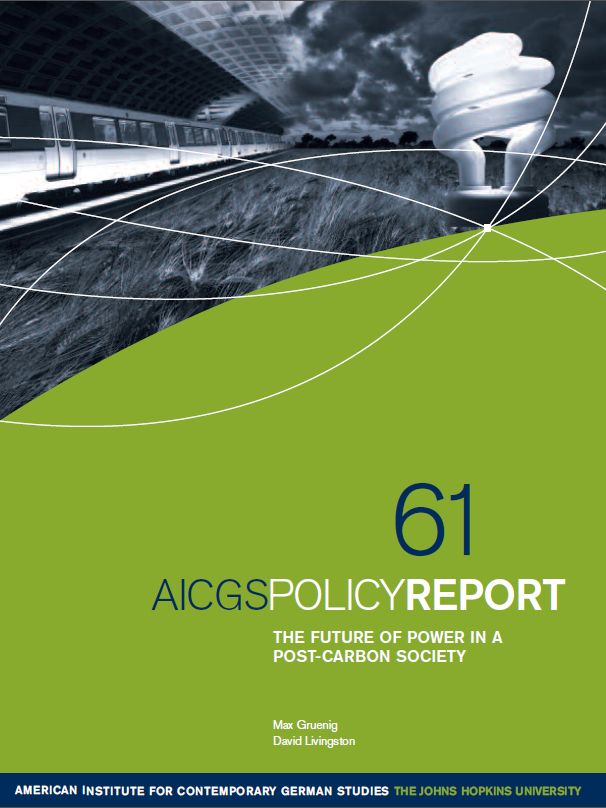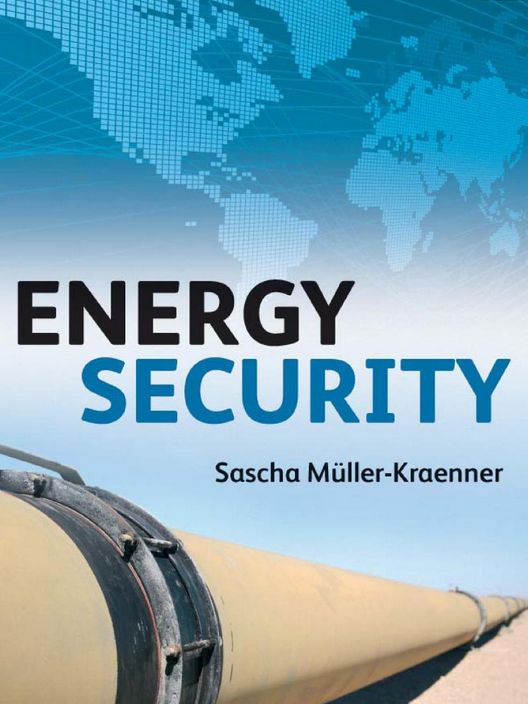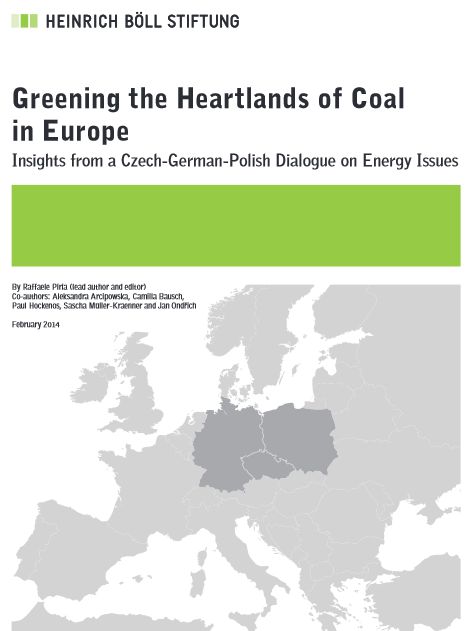Spirited Debate on Energy Security at Atlantic Bridge German Canadian Conference
- Presentation
- Date
-
- Location
- Brussels, Belgium
- Panel discussion
Energy security was the topic of a lively dialogue during the 30th German Canadian Conference in Brussels (Belgium). Representing countries with very different energy and climate policy, Michael Keenan, Associate Deputy Minister of National Resources Canada, and Dr. Camilla Bausch, Director of Ecologic Institute, outlined important aspects of their respective national debate before engaging in an exchange with the high-level participants.
The experts provided insights into German and Canadian perspectives regarding energy security. The German context was grounded in the German energy transition towards a nuclear-free, low carbon society (Energiewende). The current, medium- and long-term energy security implications of the Energiewende were highlighted (e.g. expansion of national renewable power sources) as well the challenges ahead (e.g. current energy policy initiatives impacting coal power plants or the transformation of the transport sector). Mr. Keenan outlined Canada's role as an important exporter of fossil fuels as well as the significance of diversification of demand. Against the backdrop of the current crisis in the Ukraine, the issue of potential energy imports from Canada to Europe to substitute imports from Russia was discussed. However, due to infrastructural as well as economic challenges, this was seen as more of a long-term option than a short-term opportunity.
Germany and Canada focus on different issues
Interestingly, the issues highlighted by the German and Canadian participants differed greatly in terms of focus. The Canadian contributions tended to concentrate on the development markets for oil and gas, and national as well as international challenges to develop the pipelines to transport oil and gas across Canada and across the US-Canadian border. The perspectives offered by Germans focused more on options and opportunities to expand renewable energies and deal with climate change related challenges.
Different views on the implications of developing unconventional sources of fossil energy or carbon capture and storage (CCS) for coal power plants were debated. Last but not least, while the debate indicated a great willingness by many decision makers to cooperate e.g. in research, identification of mutually relevant topics proved difficult.
Conference formed a good basis for further debates
Despite these differences there was a mutual understanding that the exchange was very helpful to comprehend the differing perspectives on both sides of the Atlantic and served as a fruitful basis to engage in further debates. Continuing the dialogue was considered necessary as national energy policies have energy security impacts around the world – be it with respect to diversity of demand/supply, the development of innovative energy sources, addressing climate change or the fight against energy poverty around the world.
The German Canadian Conference provides a framework for interdisciplinary and personal discussions about topics relevant to both Canada and Germany and thus supports the relationship of exchange across the Atlantic. The 2015 Conference was a particularly special occasion as it marks the 30th Anniversary of the German Canadian Conference. The 2015 conference was dedicated to foreign and security policy, providing fifty experts and policy makers from Canada and Germany, representing politics, industry, academia, think tanks and the media, with a framework in which to share perspectives on global security issues.
Ecologic Institute does research on energy security issues, for example in the context of its project "Transition towards Low-Carbon Energy Security (MILESECURE 2050)". Former projects include "Climate Change, Hydro-conflicts and Human Security (CLICO)". The transatlantic exchange on this issue has recently been fostered e.g. by hosting a dinner-dialogue on the "Geopolitics of the Energy Transformation" in cooperation with the American Institute for Contemporary German Studies (AICGS).







